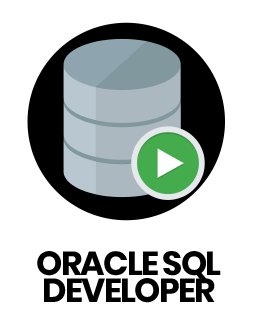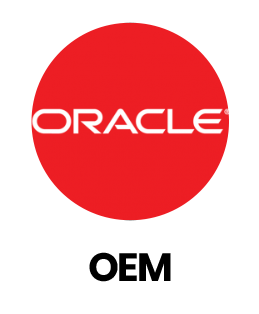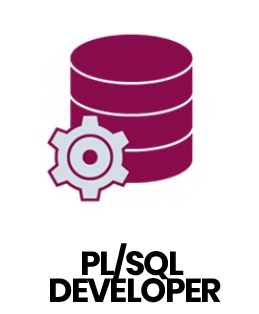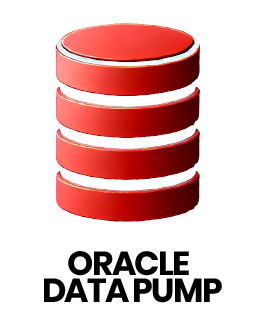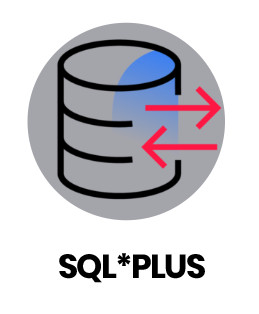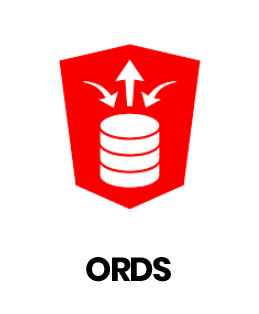- Join the Best Oracle Database 19c: Multitenant Architecture Training Institute to Master Multitenant Architecture and Advanced Database Skills.
- Our Oracle Database 19c: Multitenant Architecture Course Covers Pluggable Databases, Container Databases, Backup and Recovery.
- Learn with Flexible Choice Weekday, Weekend or Fast-track Batches.
- Gain Hands-on Experience by Working on Real-world Database Scenarios Guided by Certified Oracle Experts.
- Earn a Recognized Oracle Database 19c: Multitenant Architecture Certification With Placement Assistance.
- Receive Guidance in Building a Strong Resume and Excelling in Job Interviews.
Join Our 100% Job Guaranteed
Oracle Database 19c: Multitenant Architecture Training
WANT IT JOB
Become a Database Administrator (DBA) in 3 Months
Freshers Salary
3 LPA
To8 LPA
Quality Training With Affordable Fees!

INR
36,000
INR 16,500
9234+
(Placed)4332+
(Placed)7342+
(Placed)3246+
(Placed)
